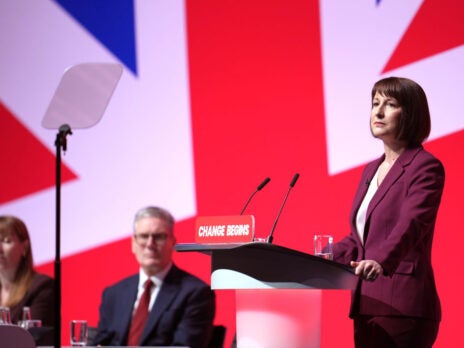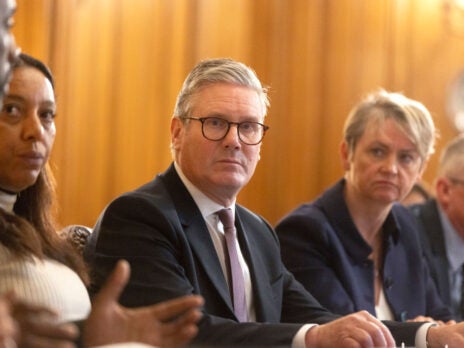
Since Rishi Sunak called the general election for July 4th the polls have done… well, nothing. Labour’s 20 point-plus lead (prior to calling the election) has barely budged almost two weeks in. Labour’s lead has edged up slightly, from 22 points to 23 points. At the start of April it was 20 points. Labour’s lead over the Conservatives on the economy – one of the most fundamental metrics to tell you who is going to govern the country – is at 14 points (up from 10 at the start of the year).
Keir Starmer’s likeability rating stands at 11 points higher than Rishi Sunak’s. And, Starmer’s own net favourability has edged up a tad from a net positive of one in the middle of May to four by the end.
These numbers would put Labour on course for 400 or more members of parliament, factoring in tactical voting. This is seismic: we are not merely talking about the Blackpools and Burnleys swinging Labour's way. But also historic and long held Tory safe seats: Rushcliffe, Ken Clarke's old stomping ground; Hitchin in Hertfordshire; High Wycombe in Buckinghamshire. But the present forecast barely differs with what it was saying at the start of the election campaign. There are now under thirty days to go, and it seems that nothing has changed.
Except one thing.
The return of Nigel Farage to frontline politics could be cataclysmic for a Conservative party already on the brink. Reform’s 11 per cent in the polls is nothing to be sniffed at. The Blackpool by-election in May saw Reform perform over-and-above what Britain Predicts had forecasted, a sharp contrast with by-elections last year which saw them underperform. I have written off Reform as a phantom vote before. But it's not something I think I can do now.
Farage is a polarising figure. Take, for example, the period of time in which Ukip polled highly. The proportion of Britons who wanted strong restrictions on immigration did edge up - a little. But the proportion wanting more liberal policy rose by more (even though, as a country, we tend away from liberal measures on the subject). Ipsos found that Farage's return to frontline politics with Reform would have a similar effect.
Farage speaks to the Conservative base which backed Boris Johnson with greater ease than Rishi Sunak ever has. He is more liked by the election-winning Conservative coalition than the present leader of the Conservative party. That could never have been said about Farage during David Cameron’s tenure. But the Conservative base is different now. Getting Brexit Done gave the Conservatives a big win. But it also engendered a rebellious base - one that, it seems, is all too willing to give Reform due consideration.
A Farage-heavy campaign could push middling Conservative voters into moving wholesale to Reform. It might well be totally ruinous.
Let's move away from the dramatics for the moment: What are the numbers saying? The Tories are presently polling 23 per cent to Reform’s 11. Reform can swipe Clacton with two more points. Tack on three percentage points and they’d win Boston too. Tack on four and they come close in five or more seats. We are one polling error from the Conservatives falling behind the Lib Dems. And we are a polling error and a bit away from Reform picking up a number of seats.
At the same time a Reform rise could see Labour emerge not just with 400 seats, but 480. And the Lib Dems meanwhile could clean up with more than 70. In other words, a Reform rise would benefit Labour more than it would benefit Reform.
These are rudimentary national adjustments made to my model. We need to know where Reform’s vote is actually coming from. How much of the Conservative base writ large - all ages, all geographies - is considering Reform? Or is there a geographic and demographic concentration?
We’re likely to find that out in the next week or so. But the reality is this: Reform are not far from snapping up one to two parliamentary constituencies, and it won’t take them much to sweep up more. All this being predicated, of course, on the polls being right. The scale of a shy (and loyal!) Conservative base matters too.
But there is one final thing to consider. Though we are a margin or error away from oblivion for the Conservatives, we are also a margin of error away from the Conservatives clinging on to upwards of 170 seats. Narrow the Labour lead from 23 points to 19 points and you end up with Conservatives on 165 seats and Labour on 388. Some pollsters are showing national numbers similar to that. When considering the error margins, we should consider all of them. And right now, the polls point to a Conservative result of between, oh, what, 1997 and oblivion?
That’s alright then.


